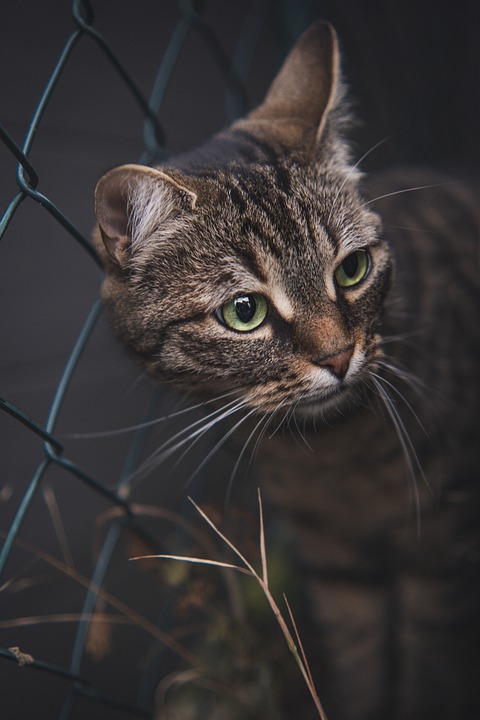As your feline companion ages, it becomes increasingly important to pay attention to their hydration needs. Adequate hydration is crucial for maintaining your senior cat’s overall health and preventing a range of health issues. In this article, we will discuss the significance of hydration in senior cats and provide special considerations to ensure your aging feline stays hydrated and happy.
Understanding the Importance of Hydration in Senior Cats
Hydration plays a pivotal role in maintaining a senior cat’s health and well-being. Water is essential for proper digestion, nutrient absorption, circulation, kidney function, and temperature regulation. It helps prevent constipation, urinary tract infections, kidney disease, and other common health problems in senior cats. Dehydration can lead to serious complications, including organ failure, decreased mobility, and a weakened immune system.
Factors Affecting Hydration in Senior Cats
Several factors can affect the hydration levels of senior cats. Aging itself can cause decreased thirst and water intake, making it crucial for pet owners to ensure adequate hydration. Certain medical conditions like kidney disease, diabetes, hyperthyroidism, and dental issues can also impact a cat’s hydration needs. Environmental factors, such as warm weather or dry indoor environments, can further exacerbate dehydration risks.
Tips for Promoting Hydration in Senior Cats
To promote hydration in senior cats, there are several strategies you can implement. Ensuring a fresh and clean water source is readily available is essential. Some cats prefer running water, so investing in a cat water fountain might encourage increased water consumption. Wet food, which has higher moisture content, can also contribute to your cat’s overall hydration. Additionally, incorporating water-rich treats and adding water to their meals are creative ways to increase water intake.
Monitoring Hydration Levels in Senior Cats
Monitoring your senior cat’s hydration levels is crucial for their well-being. By observing their water intake, litter box habits, and overall behavior, you can gauge their hydration status. Signs of dehydration in aging cats include dry gums, sunken eyes, lethargy, decreased skin elasticity, and excessive panting. If you notice any concerning symptoms or suspect dehydration, it is important to seek veterinary assistance promptly.
FAQs: Frequently Asked Questions about Hydration in Senior Cats
1. How much water should a senior cat drink per day?
Senior cats should ideally consume around 3.5-4.5 ounces of water per 5 pounds of body weight daily. However, individual needs may vary, and it’s important to consult your veterinarian for personalized recommendations.
2. Can I add flavors to my senior cat’s water to encourage drinking?
While it may be tempting to add flavors to your cat’s water, it is generally not recommended. Some additives can be harmful to cats, and altering the taste of water might discourage them from drinking altogether.
3. Can certain foods help increase my senior cat’s hydration levels?
Yes, feeding your senior cat wet or canned food with higher moisture content can contribute to their hydration. Consult your veterinarian for appropriate food choices that suit your cat’s specific dietary needs.
4. How can I prevent dehydration in my senior cat during hot weather?
During hot weather, ensure your senior cat has access to cool and fresh water at all times. You can also offer ice cubes or frozen treats made from low-sodium chicken broth or tuna water to encourage hydration.
5. Are there any supplements or medications that can help with hydration in senior cats?
In certain cases, your veterinarian might recommend supplements or medications to support hydration in senior cats with specific medical conditions. Always follow your vet’s advice and guidance regarding any additional treatments.
By understanding the importance of hydration in senior cats and implementing appropriate strategies, you can help ensure your aging feline stays healthy, hydrated, and happy throughout their golden years. Remember, regular veterinary check-ups are essential to monitor your cat’s overall health and address any hydration-related concerns.








